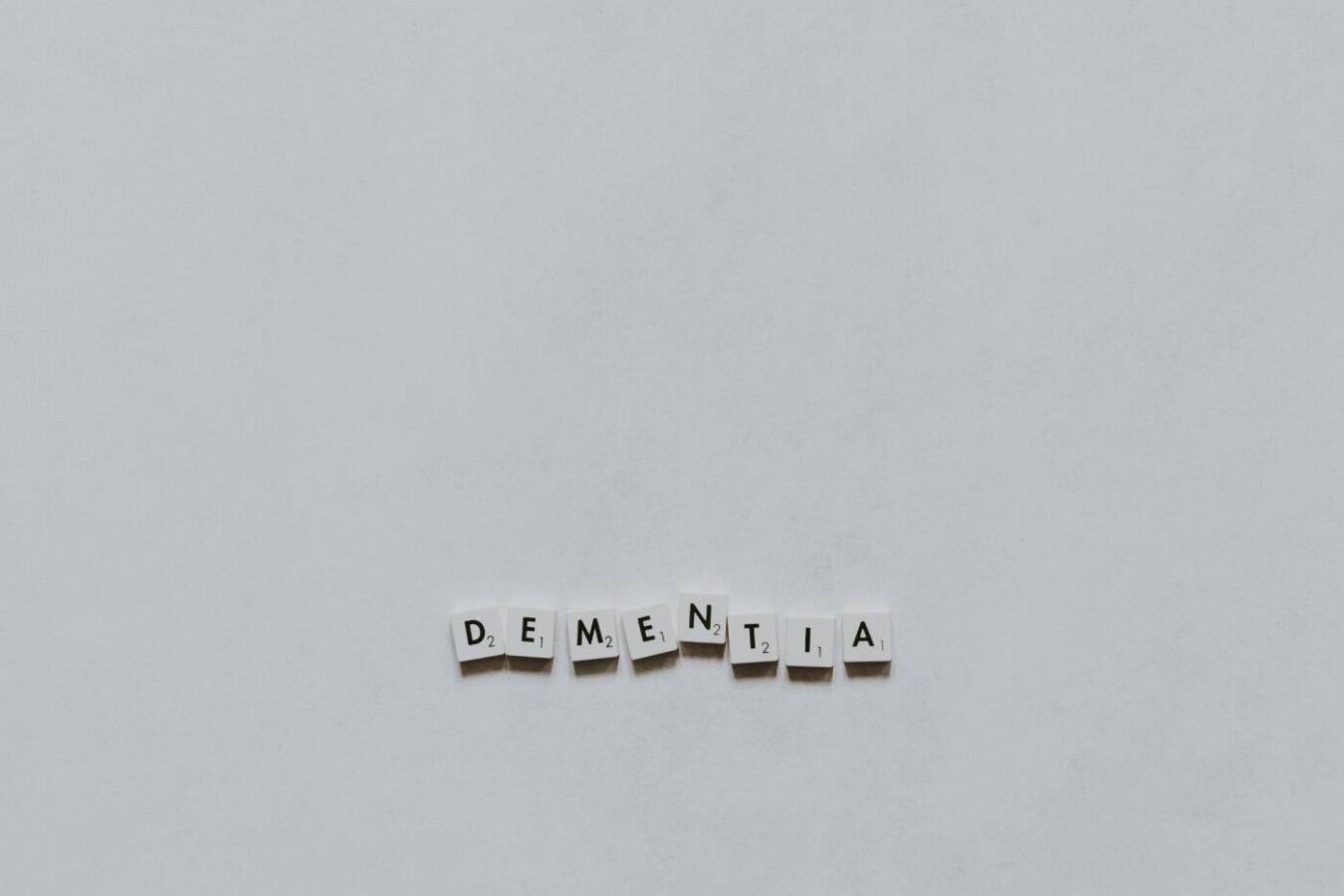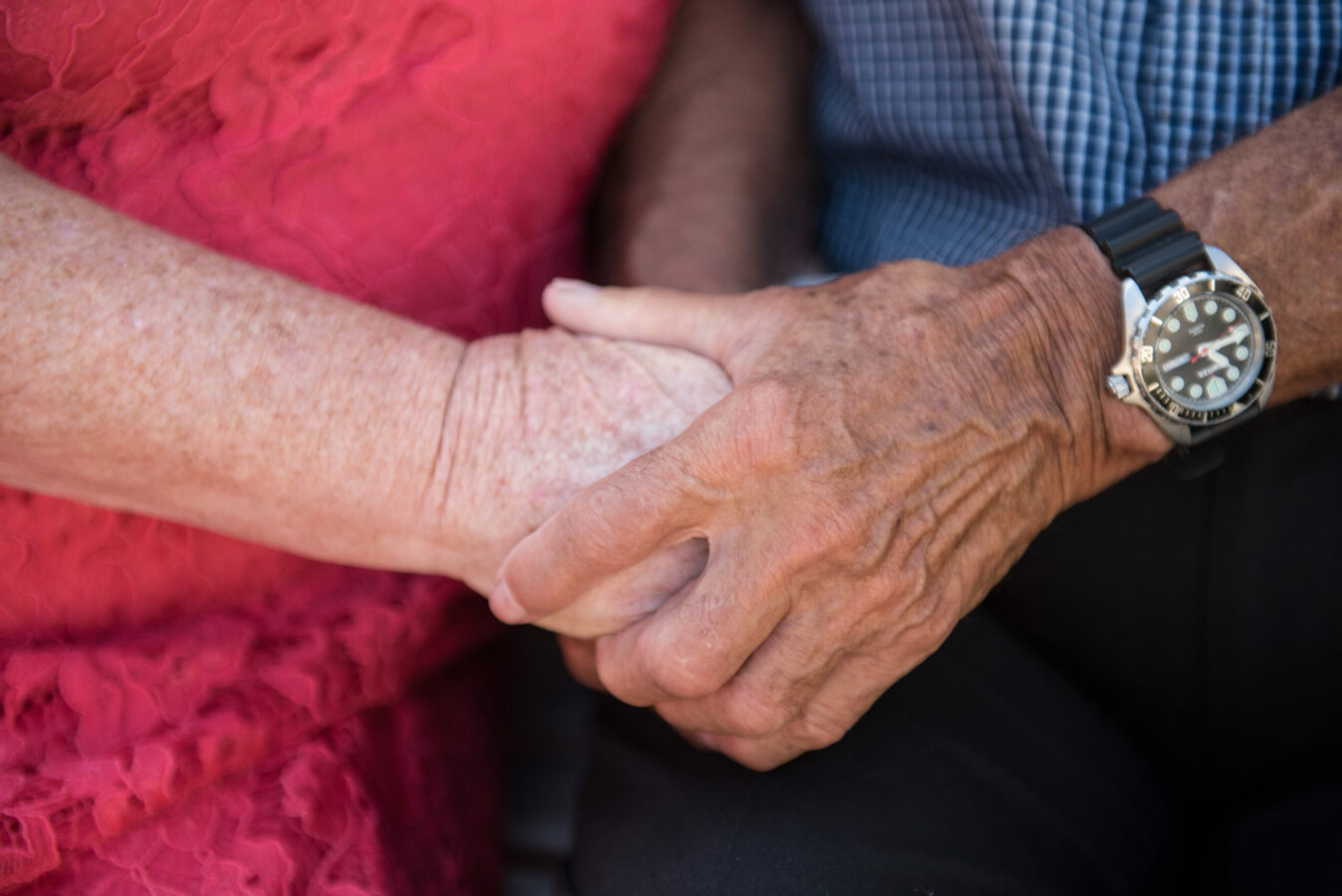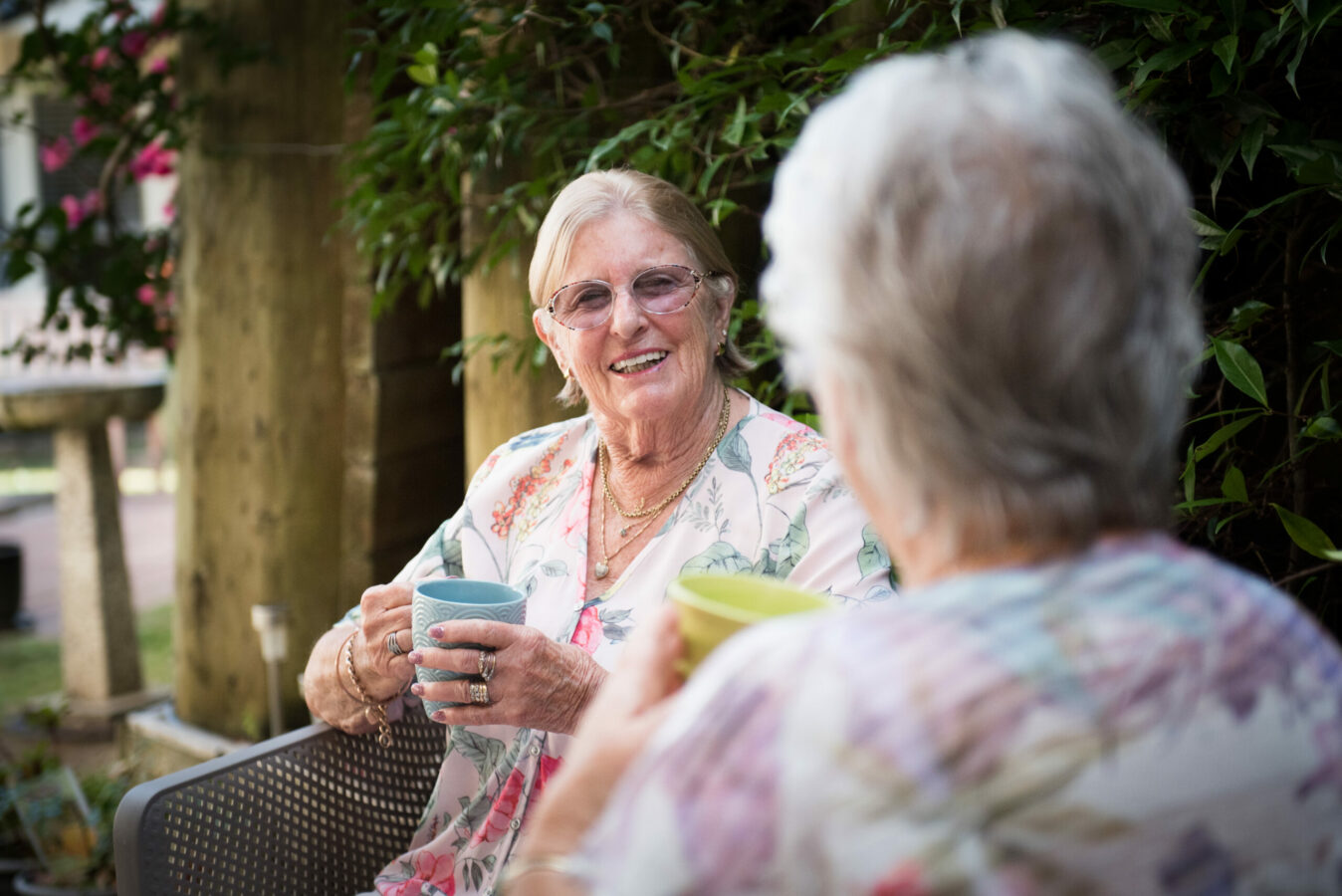Retirement is often viewed as a time of relaxation, freedom, and fulfilment. However, it is…

Feeling Anxious After a Dementia Diagnosis? Here’s a Few Options.
It’s the news no one wants to hear, that you or a loved one have been diagnosed with dementia.
It’s a complex disease and will likely take you a while to get a good understanding of what to expect and how to move forward. And to help you out, we’ve put together a few thoughts which we hope will help you during what is probably quite an anxious time.
If you’re still unsure about what dementia actually is, here’s a short, helpful guide which explains the different kinds of dementia.
Ask for help
After getting over the initial shock, you may have lots of questions and concerns, but the first thing to realise is that you’re not alone. There are plenty of resources and professionals to help you through the next steps. Reaching out is important, as it can enable you to feel more in control and understand better about what to expect in the coming years ahead.
Most towns and/or regions in New Zealand will have an Alzheimers New Zealand branch, which you can find here, and if you can see one near you, just contact the closest one – they will still be able to offer advice, helpful resources and assistance.
Treatments and research
Significant amounts of research continues everyday into what causes dementia and how it can be treated. And while there is currently no cure for dementia, there are medications and therapies that can help to slow down progression of some types of dementia.
Of course your doctor is the best person to provide information about these options (which will depend on the kind of dementia diagnosed), but it may also help you to feel in control if you expand your own knowledge of current research and treatments available – particularly outside of New Zealand.
If you’re interested in connecting with a global community of people living with dementia, and ongoing education opportunities, you might like to join the Dementia Alliance International.
Planning for the future
Once a dementia diagnosis has been made, the general advice is to start planning for the future in terms of sorting out finances, choosing those who will speak and advocate on your (or your loved ones) behalf in the future, expressing wishes for health and care and discussing the choices you (or your loved one) would like carried out as things progress.
You’re allowed to take one step at a time, at a pace that suits you. But as mentioned above, never feel like you have to manage it all alone.
Check out this page for more information on planning ahead.
Living with dementia
Alzheimers New Zealand notes that it is perfectly okay to laugh, to cry and to feel frustrated, angry, embarrassed and sad. And that you should allow yourself to feel all of those emotions. After all, it is a very big adjustment to your life.
But while it may not feel like it to begin with, plenty of people live full, happy lives with a diagnosis of dementia. Alzheimers New Zealand promotes continued participation in activities, staying involved in things you enjoy and benefiting from physical exercise. Puzzles and other things to keep the brain active are also very much encouraged – in fact, research has shown that exercising the brain can slow the thinking and functional decline of people with dementia, as well as helping to enjoy a better quality of life.
You might want to consider who you’re going to tell, and when, as well as make decisions that make you feel safe and comfortable going forward. This could be considering a new place to live, or choosing a range of confidants to help as you adjust to life with dementia.
There’s also plenty of tips, tools and handy ways to allow you to manage in the day-to-day – like setting up reminders on your phone, changing furniture around to make your home easier to live in, staying in touch with support groups, and using other helpful technology – it’s about finding the things that work for you.
For further reading, here’s a booklet from Alzheimers New Zealand on Living Well with Dementia.
And if you’re supporting someone with a recent dementia diagnosis, this booklet may be helpful for you.
We hope that the above has provided you with the next steps to take after a diagnosis of dementia. If you need further information, please contact Alzheimers New Zealand on 0800 004 001, or visit their website www.alzheimers.org.nz.



